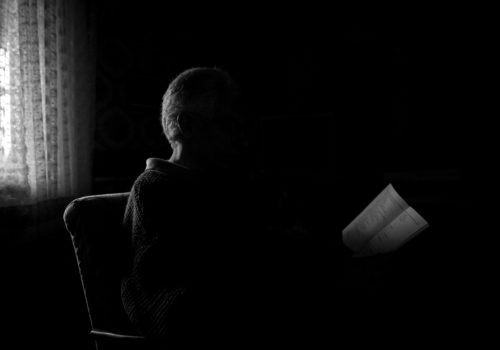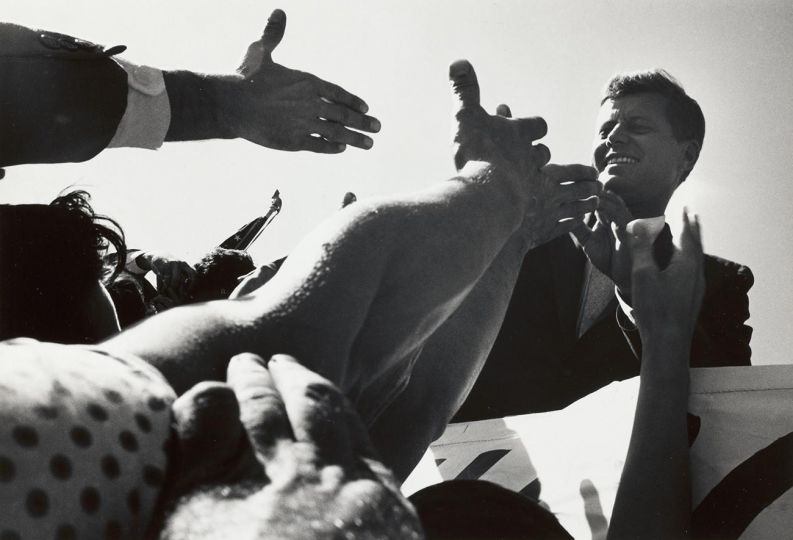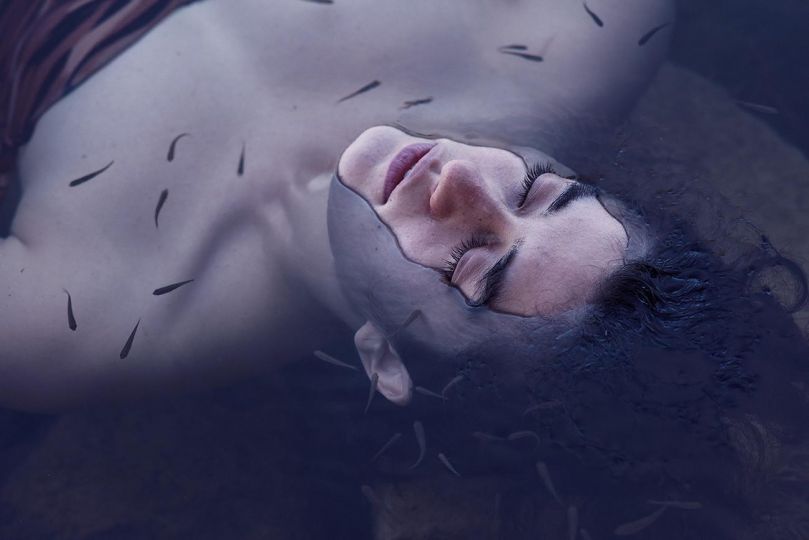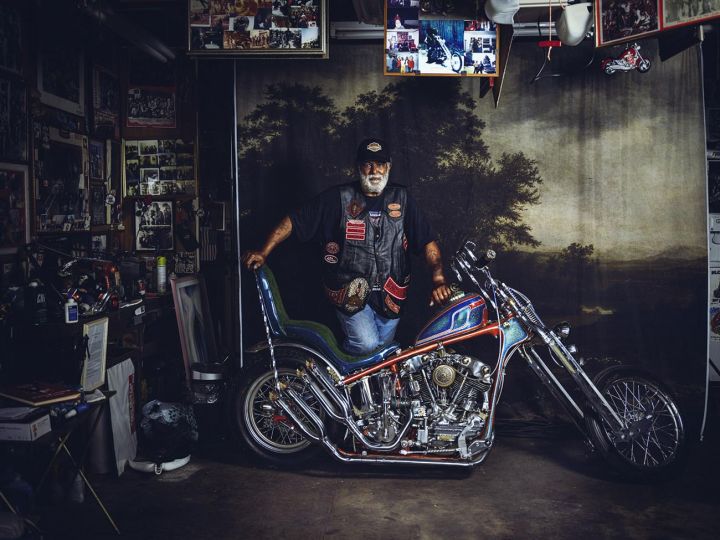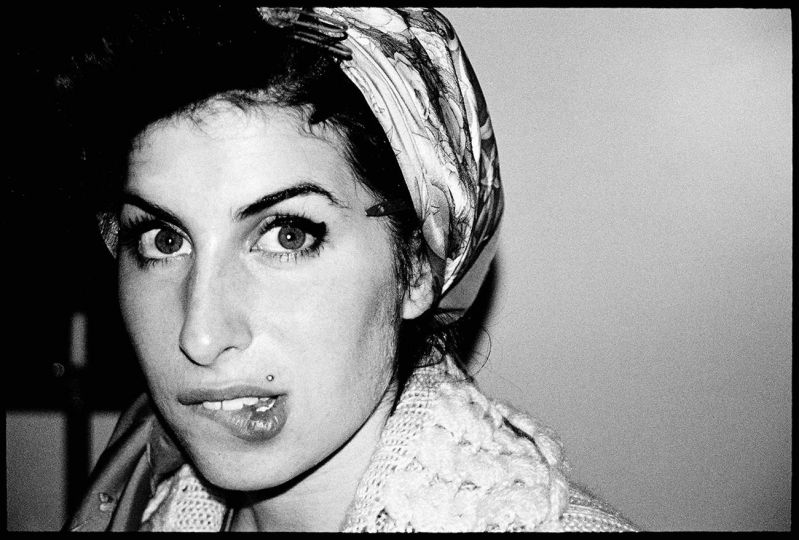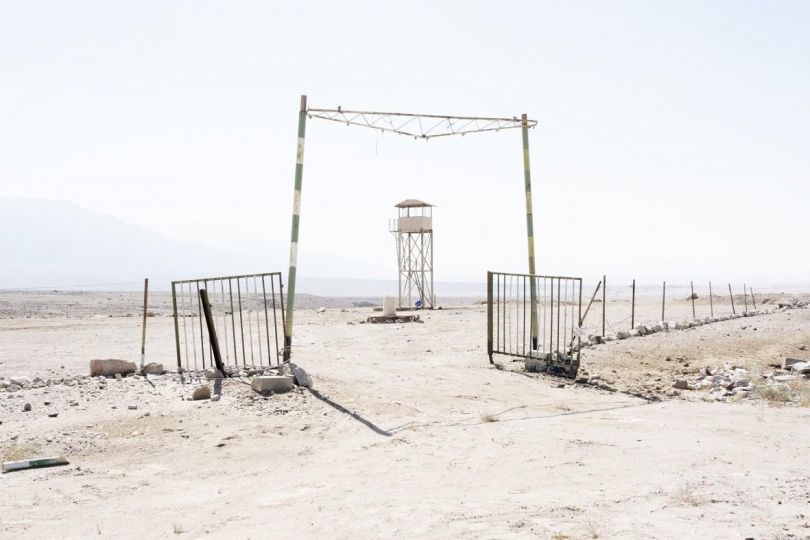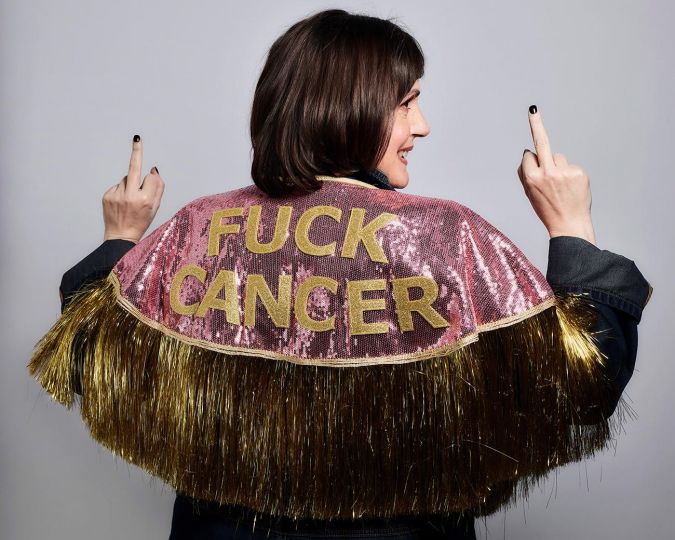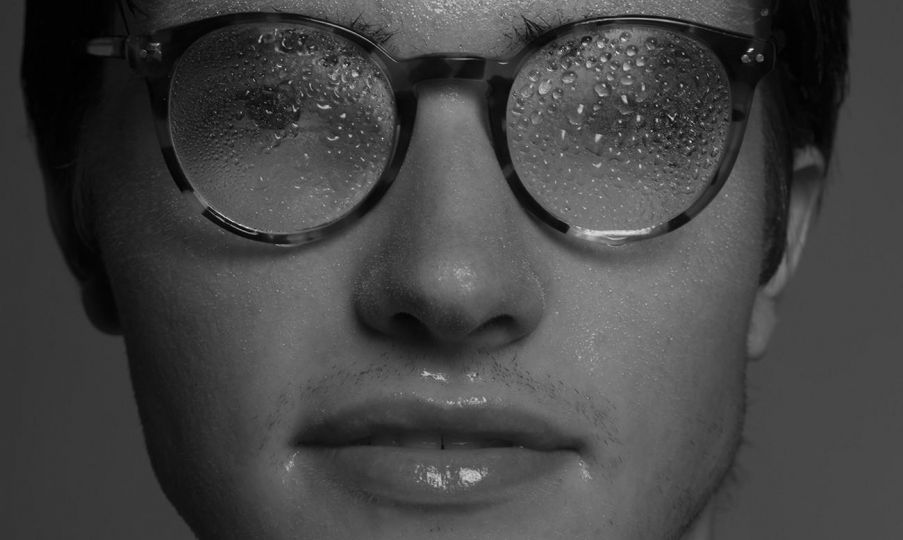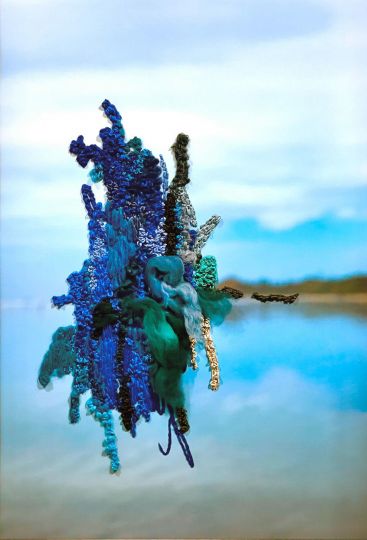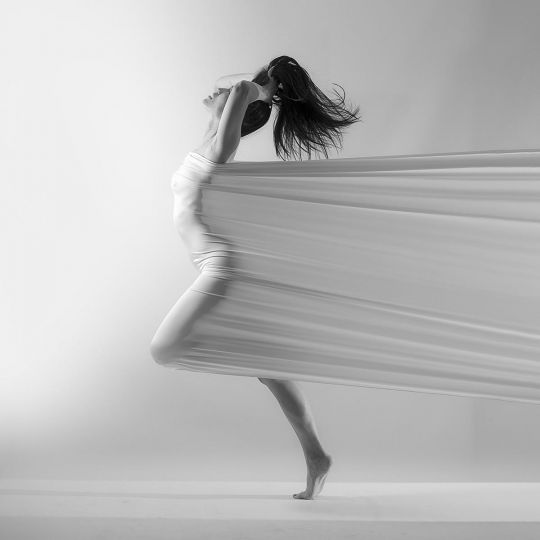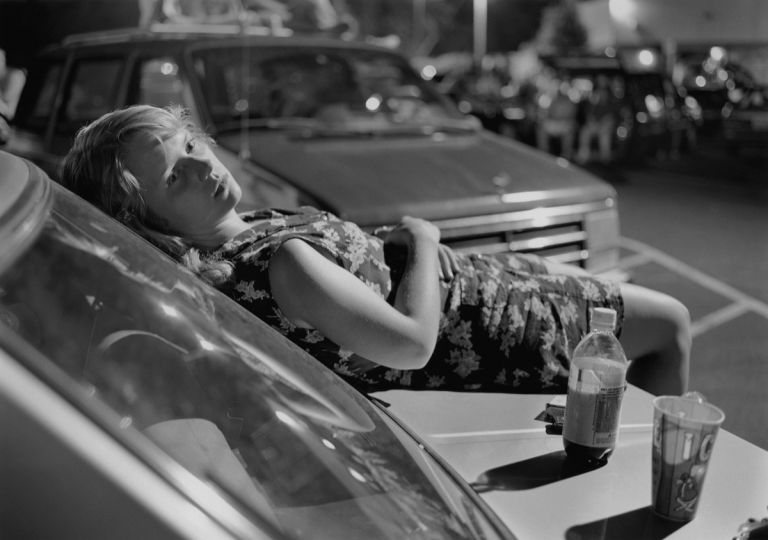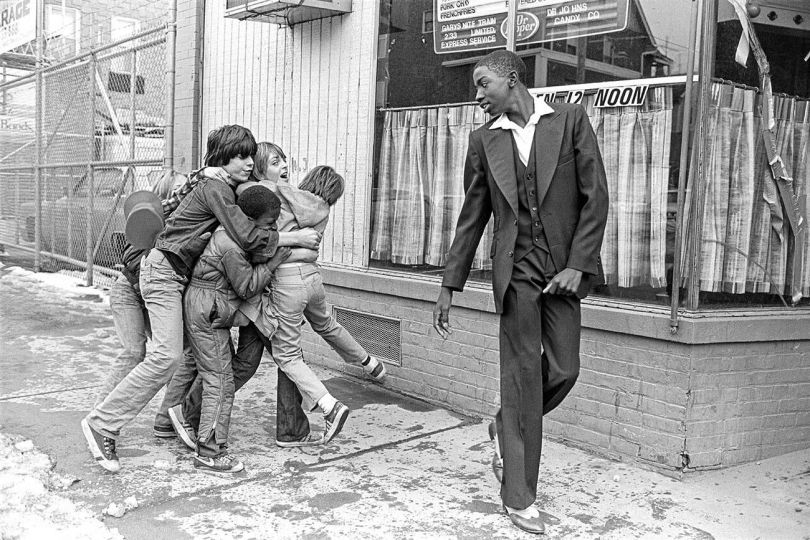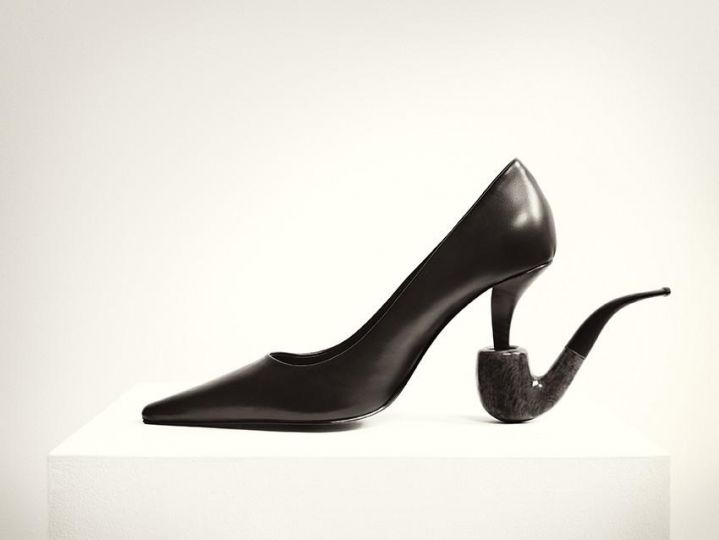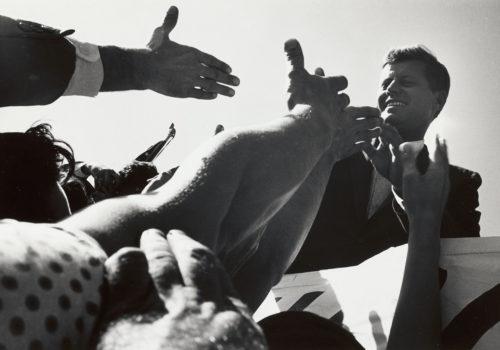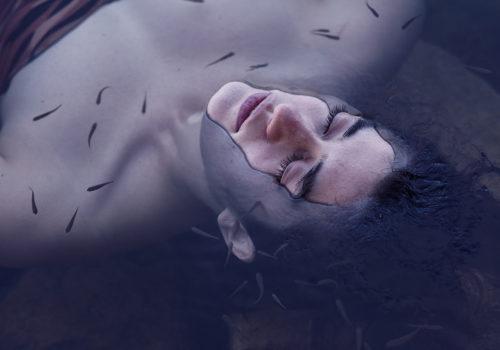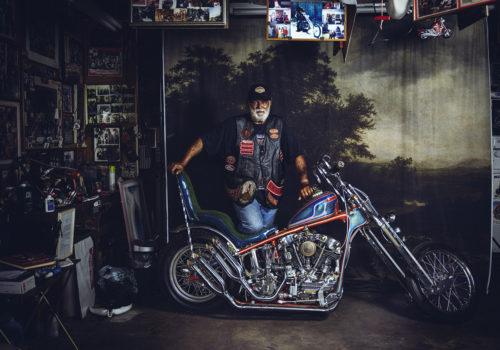I knocked on the door of a stranger.
I’ve traveled halfway around the world to meet him.
My father.
I was seven years old when I last saw him.
As the Soviet Union collapsed, so did my family.
I remember my father and I dancing together in our tiny apartment in Moscow and him giving me my first doll.
I also remember him leaving.
Sometimes he would be gone for months at a time and then unexpectedly be back.
Until, one day, it was our turn to leave.
My mother woke me up and told me to pack my belongings. She said we were going on a trip.
The next day, we arrived in our new home, California.
We hardly ever spoke of my father. I had no pictures of him, and over time, forgot what he looked like.
I often wondered what it would have been like to have a father.
I still do.
This is my attempt to piece together a picture of a familiar stranger.
These thoughtful words from photographer Diana Markosian accompany her new series entitled My father, the stranger. Le Journal spoke to her this week as she’s traveling in Burma at the moment.
After Goodbye My Chechnya, a social topic, you chose with these new pictures about your father to work on a more personal and intimate subject. Is there a reason to this change?
It was a part of my life I had avoided. The decision to meet my father was an obvious one. It just took 15 years for me to find the courage to do it.
I was removed from him growing up. His memory in my life was destroyed. In all family photos, my mother had torn out his image and as a result I had nothing to represent him.
This piece and the time I spent with my father helped me fill in gaps, confirm impressions, and offer proof where none existed before.
Did you look at your father the same way you looked at the women from Goodbye My Chechnya?
I never viewed this as a project. I spent most of my time without my camera. I wanted to be there. To be near my father. He is someone I never had as a child, and in some way I think I wanted to make up for the years we lost.
What was your relationship with your father before this project? And now?
I had few facts about his life, and never had a confident feeling that my father loved me. And worse, I didn’t have a real sense of loving him. It all felt slightly empty.
He became alive to me through this piece. I am slowly re-discovering what it means to be connected to him, to a family and to a culture. It is not an overnight process. I had so much anger towards him for leaving and for not looking for me. But I am learning to let it go.
The memories I create with him now are mine. That’s what matters to me. The rest seems irrelevant.
Has photography maybe somehow become a therapy for you and/or your father?
Absolutely. There is a wound inside. And I am only now realizing just how deep it is. I had lost my father, but at the same time, I had also found him. In the beginning I didn’t know how to react to most of what I was experiencing. I could never speak about it. It felt shameful. But I am learning that it is okay to want to have a father.
Why did you chose B&W for your images?
I wanted to separate this piece from the rest of my images. The piece about memory, loss, and longing. I can’t imagine it being anything but black and white.
In these new images, I can see that you play much more with the powers of suggestion that photography can develop (reflections, scenes from the back, shadows etc). Did you remark that your style has maybe become more artistic with this project?
I didn’t photograph with a particular method or aesthetic in mind. I was building a relationship with my father and taking pictures along the way. Perhaps the piece is more vulnerable than my other work, but I didn’t do that with intention. It was how I felt.

